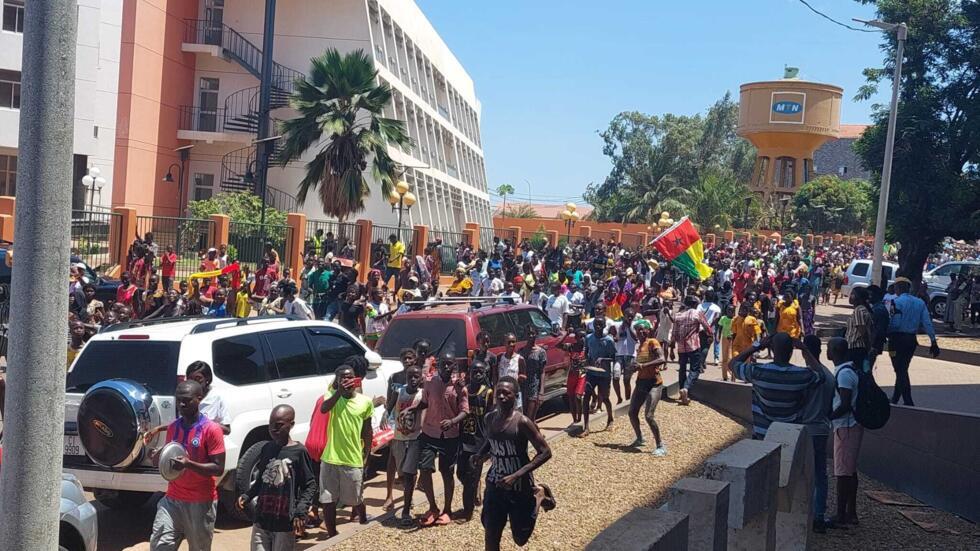Guinea-Bissau opposition blasts president Embaló over “Irresponsible” tribalism claims

A powerful faction within Guinea-Bissau’s opposition has condemned President Umaro Sissoco Embaló’s recent claims of tribalism within the country’s judiciary, describing his remarks as “politically irresponsible” and damaging to national cohesion.
In a sharply worded statement issued Thursday, the Forum of Cadres of the United People’s Assembly – Democratic Party of Guinea-Bissau (APU-PDGB) rebuked Embaló for alleging ethnic bias within the Public Prosecutor’s Office during a speech delivered earlier this week in Canchungo, a town in the northern region of the country.
“Publicly evoking the existence of tribalism, without presenting concrete evidence, is a politically irresponsible act that could further weaken a Justice system already subject to multiple institutional pressures,” the Forum stated.
President Embaló’s comments, which have stirred controversy across political lines, made vague reference to “tribalism” and called for an undefined “ethnic rebalancing” within the Public Ministry.
However, he did not provide examples or identify which ethnic groups were allegedly dominating the institution.
The APU-PDGB, led by former Prime Minister Nuno Nabiam, strongly rejected the insinuations, urging Embaló to uphold his constitutional role as a “guarantor of national unity” rather than fueling discord.
“In a country historically marked by ethnic and regional divisions, it is up to the President of the Republic to be the guarantor of national unity and promoter of stability, and not an instigator of suspicions that could sow distrust between brothers from different communities,” the statement emphasized.
The Forum reaffirmed its commitment to principles of inclusion, meritocracy, and social justice, warning against the exploitation of ethnic identity for political gain.
It called on citizens — especially youth, women, traditional and religious leaders — to reject narratives that foster division.
“Guinea-Bissau cannot continue to be held hostage by speeches that, instead of healing wounds, deepen them,” it stated.
As tensions simmer over the president’s remarks, observers say the fallout underscores the fragile balance of identity politics in Guinea-Bissau, a country that has struggled for decades with ethnic sensitivities, institutional instability, and contested leadership.
About The Author
dailymailafric
I am an avid African news observer, and an active member of Daily Mail Africa.
I’m Passionate about staying informed on diverse topics across the continent,
I actively contribute to publishing on political, economic and cultural developments in Africa.



